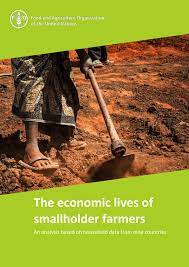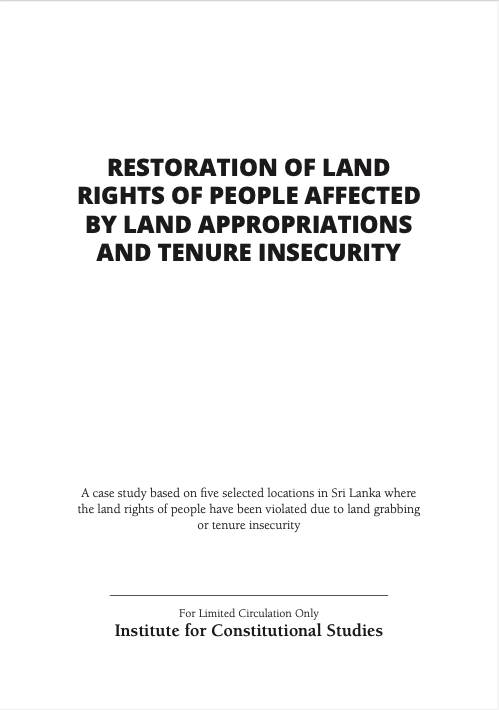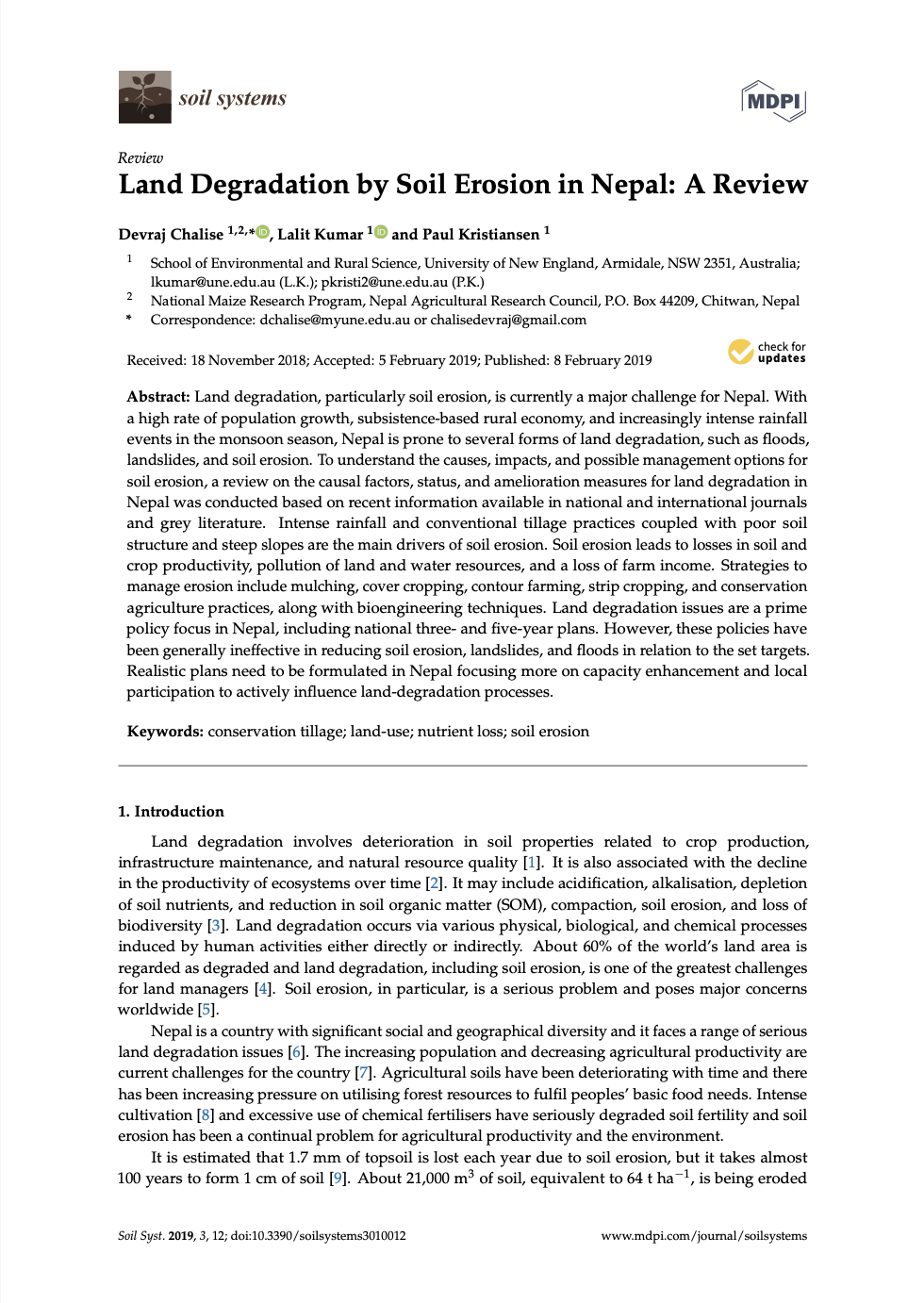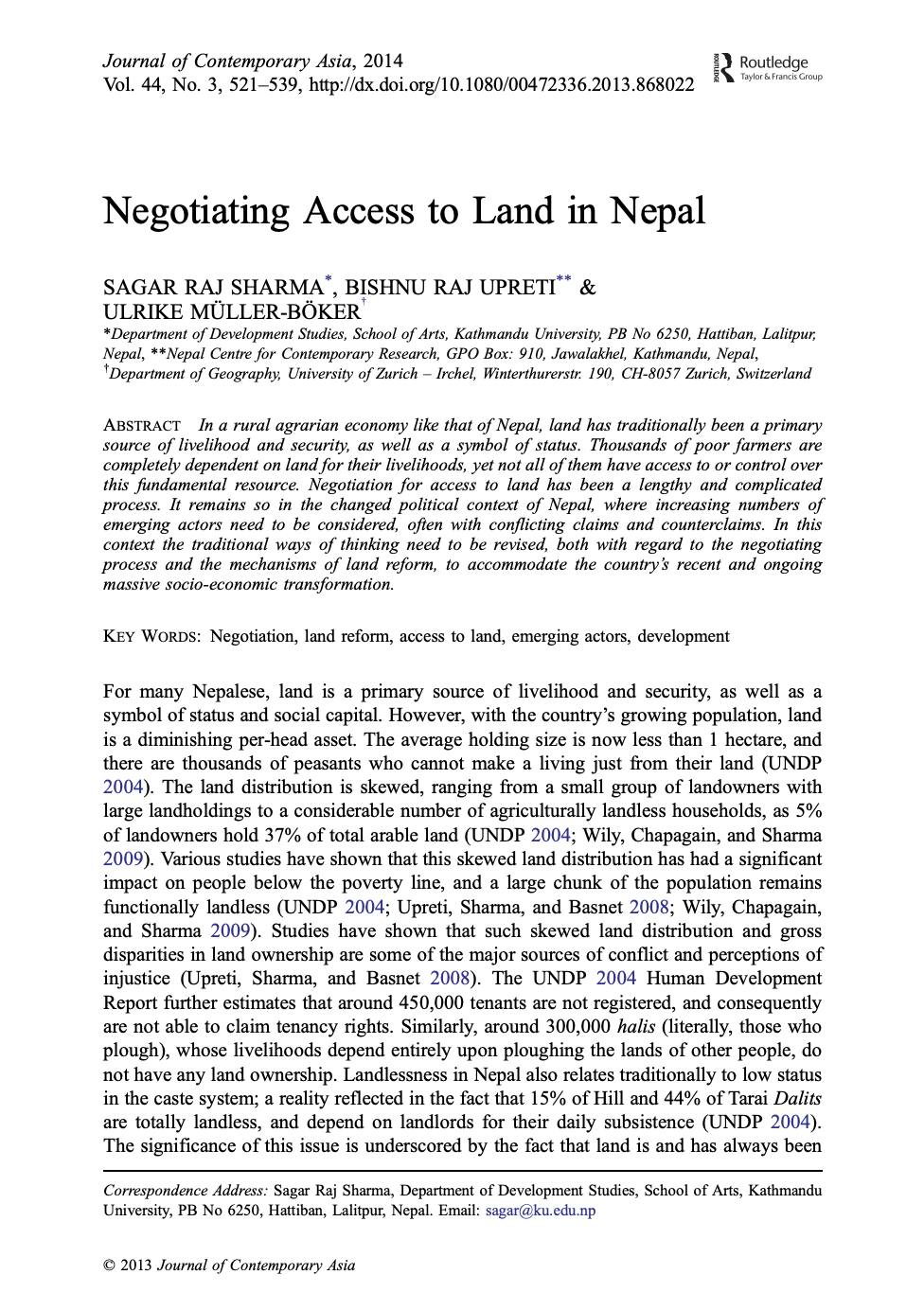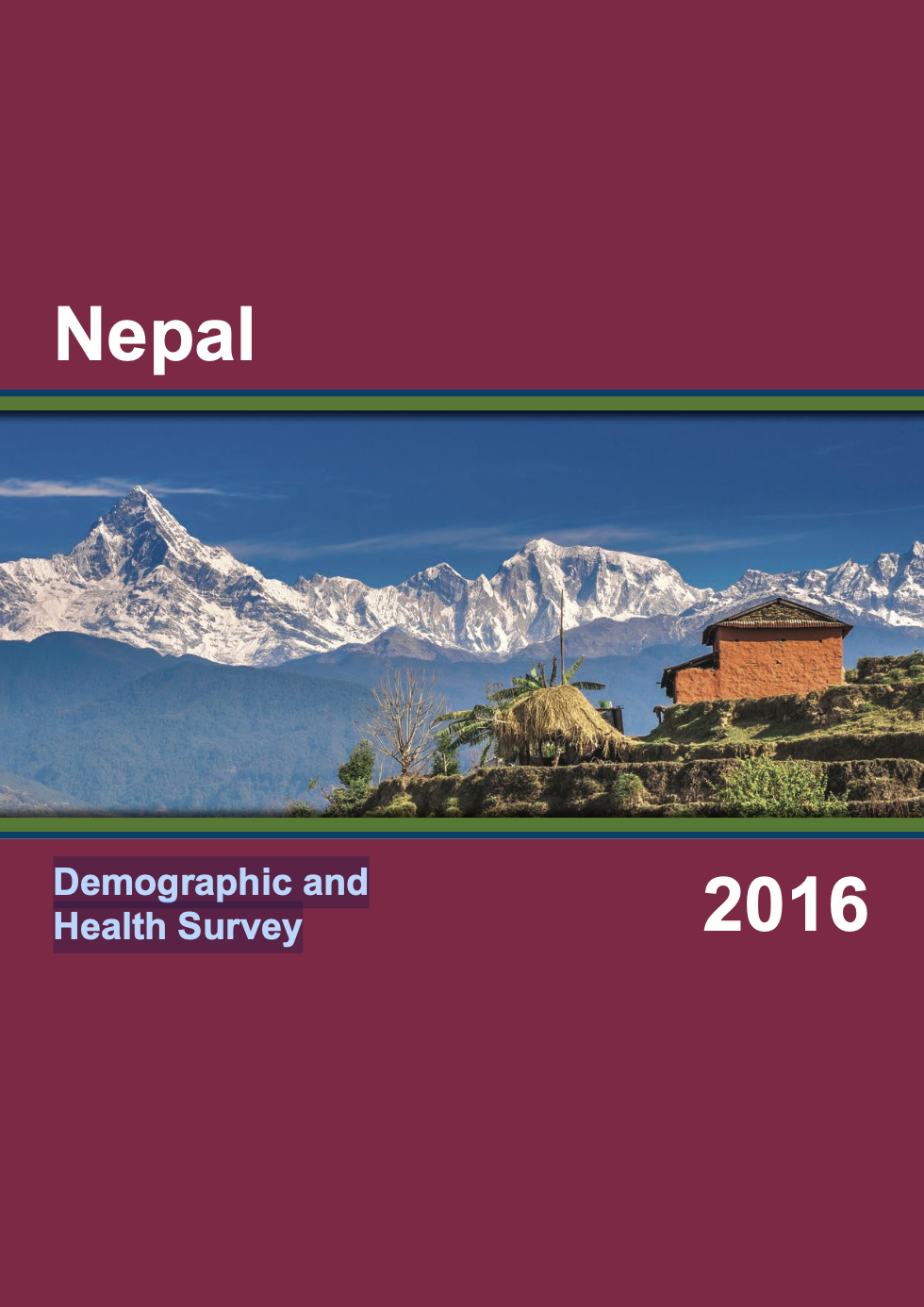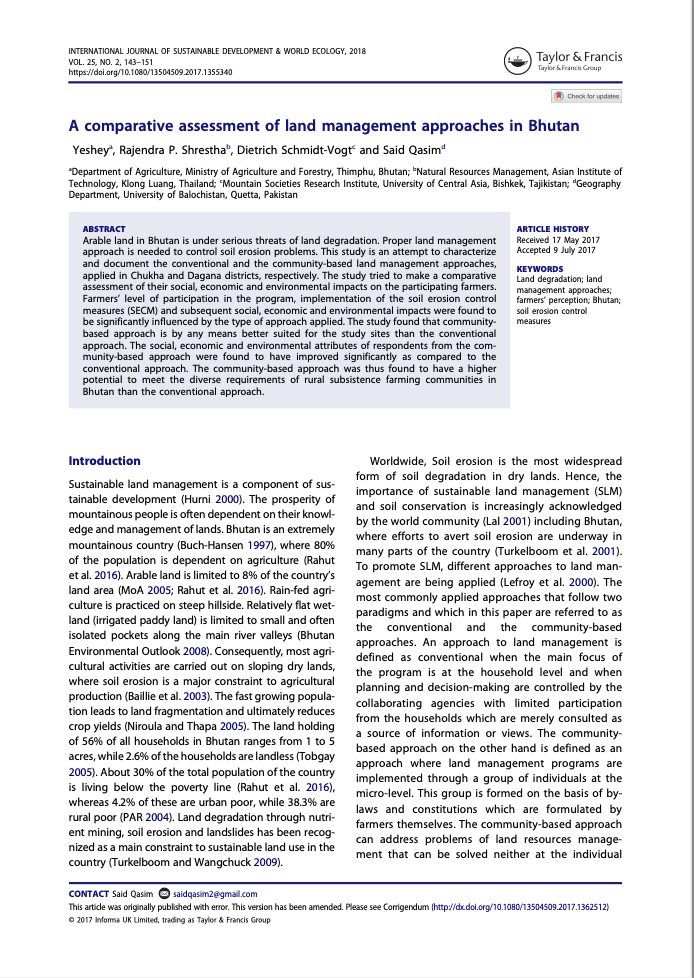Restoration in Action Against Desertification. A manual for large-scale restoration to support rural communities’ resilience in Africa's Great Green Wall.
This publication supports processes related to rural communities’ resilience in implementing land restoration of the Great Green Wall Programme on the ground. It serves a dual purpose of consolidating biophysical operations and socio-economic assessments, and is mainly built on five-year interventions and practical experiences gathered through Action Against Desertification. The first part of the publication is a practical manual expressly created for stakeholders, partners, non-governmental organizations and community-based organizations.


